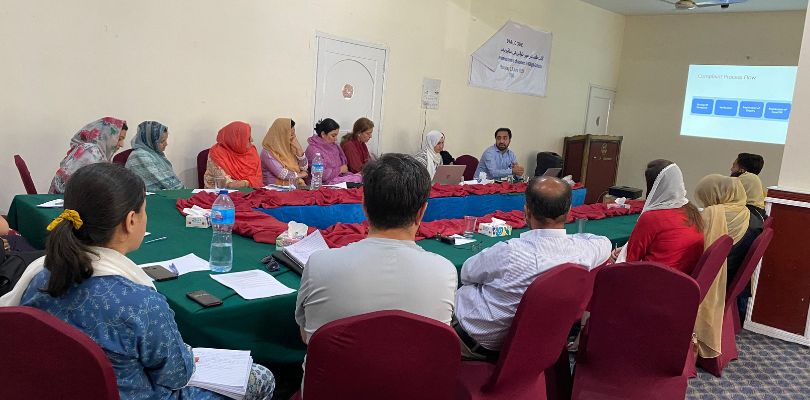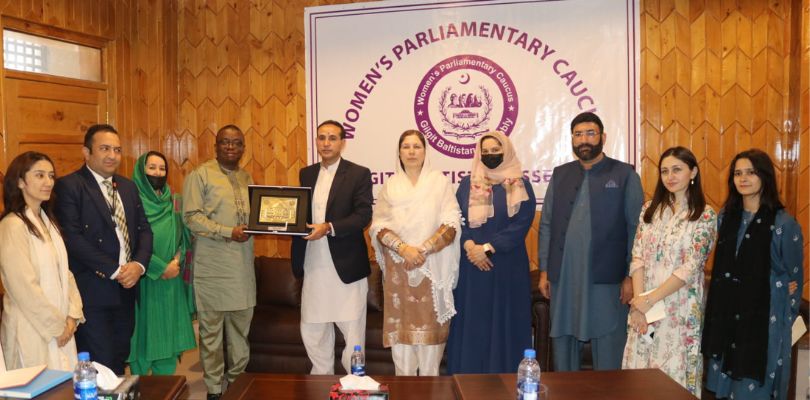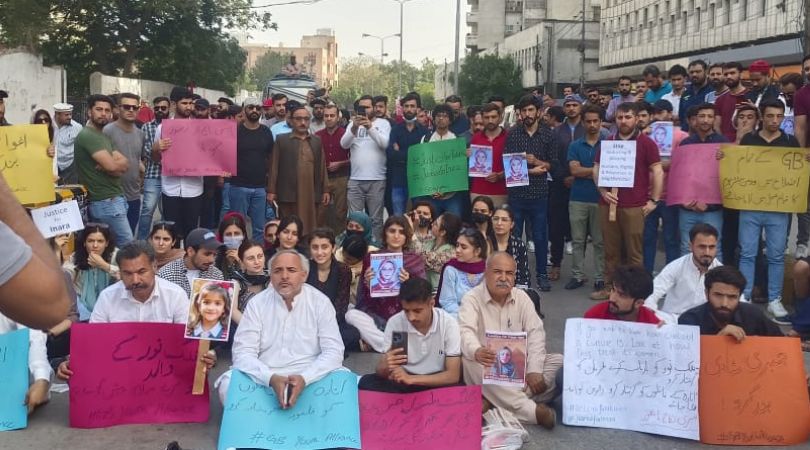By Israruddin Israr
The Child Marriage Restraint Act of 1929 in Pakistan criminalizes marriages involving individuals under the age of 16 for girls and under 18 for boys. Pakistan, having endorsed international conventions on children’s rights, recognizes marriages below the age of 18 for boys and 16 for girls as a violation of fundamental rights. While all provinces in Pakistan have established their regulations, national law takes precedence in the absence of specific provincial guidelines.
Child marriage, beyond being a cultural practice, is a matter of human health and development. It contends that marriage entails responsibilities beyond mere satisfaction, necessitating mental, physical, and economic readiness. Experts argue that individuals under 18 may lack the necessary maturity for a successful marriage, potentially impacting their well-being.
The marriage of a 13-year-old girl to a 9-year-old boy in Gilgit-Baltistan, underscores the urgency for implementing national laws to prevent child marriages.
Israruddin Israr
The detrimental effects of child marriage extend to the health of the married girl, potential complications during childbirth, and obstacles to education and personal development. The population increase resulting from continuous and unchecked childbearing can strain resources, leading to poverty, particularly in developing countries like Pakistan.
Despite global efforts against child marriage and the enactment of laws by numerous countries, including Islamic nations, the practice persists. Lack of awareness and understanding regarding the negative consequences of child marriage in Pakistan exacerbates the issue.
Child marriage poses risks to the health of the girl, increases the likelihood of childbirth complications, and hinders both education and personal development.
Israruddin Israr
Gilgit-Baltistan exhibits a notably high rate of child marriages, reaching 26% according to the Multi-Cultural Indicators Survey (MICS) conducted by the GB Government in 2017. A study by the UNFPA and Population Council based on this data highlighted the challenges faced in addressing the issue through legislation in 2015, as the draft was deferred from the GB assembly due to opposition.
However, a significant development occurred in 2021 when the Federal Sharia Court ruled that provinces in Pakistan could set their age limits for marriage, providing an avenue for potential legislation. Despite such advancements, recent incidents, such as the marriage of a 13-year-old girl to a 9-year-old boy in Gilgit-Baltistan, underscore the urgency for implementing national laws to prevent child marriages.
The response to such incidents on social media, where mockery prevailed instead of addressing the serious social issue, emphasizes the need for swift action. It calls for the urgent implementation of national laws to prevent child marriages and underscores the importance of education for all children, advocating for measures to ensure the completion of education for societal progress in Gilgit-Baltistan.
The writer is a Gilgit-based human rights activist and columnist. Currently, he is associated with HRCP as regional coordinator Gilgit-Baltitsan. He can be reached at israrhrcpglt@gmail.com














